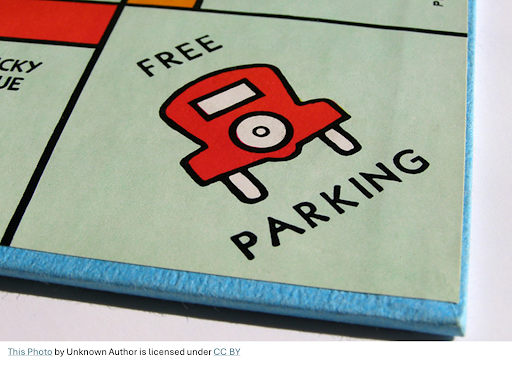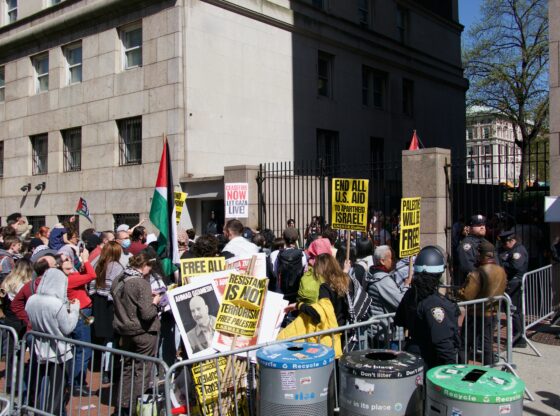Monsanto, the power-hungry agri-business monster, is back in the spotlight after a single farmer dared to challenge them. Vernon Hugh Bowman has taken a stand against the giant, and his case has made it all the way up to the United States Supreme Court. Last Tuesday, oral arguments were made from both sides and all that remains is the Court’s decision.
Without a doubt in my mind, the Court needs to rule with Bowman.
Bowman a 75 year-old farmer from Indiana, has been a longtime customer of Monsanto’s seeds. Monsanto genetically modifies different varieties of seeds in order to make them pesticide- and herbicide-resistant as well as making them more suitable for different soil and climate types. Bowman enjoyed one strain of soybean seed that Monsanto produced that was resistant to the weed-killer Roundup. He continued to use these seeds loyally and without any qualms.
Beginning in 1999, Bowman planted a second string of soybeans later in the season. However, he did not use any of his Monsanto seeds and instead went to a local storehouse to purchase these seeds. Growing soybeans later in the season would often produce lower yields and was riskier, so Bowman did not want to use top-dollar Monsanto seeds for that.
But because some of the seeds he purchased from the local storehouse contained the Monsanto patent-protected gene, Monsanto claimed that Bowman was violating the patent and using their product without properly paying for it.
Bowman claimed that the patent right disappeared once it was originally sold, but that local storehouse had the right to sell it, and thus he had the right to use it.
This is the fight before the Supreme Court.
I personally like the example of the iPhone in this case. The iPhone is a patented item but it is constantly sold privately on places like eBay and Craigslist.
The same thing should apply to Monsanto’s seeds. Granted, iPhones don’t replicate themselves like seeds do, but I don’t think that Monsanto is under any pressure of going out of business.
Also, I think back to 2004 when the Canadian Supreme Court gave Monsanto a huge advantage. The Supreme Court of Canada concluded that farmers who do not use Monsanto seeds, but whose neighbors do, that if the Monsanto gene, through natural means, reaches the crops of the non-Monsanto farmer, then that farmer is violating the Monsanto patent.
That decision virtually gave Monsanto power and control over every farmer in Canada. At the very least, it gave them considerable influence.
The Supreme Court cannot grant any more power to Monsanto. This case is just another attempt by Monsanto to gain more wealth and power over every farmer in America.
Monsanto wants its seeds to be the only seeds on the market and used by farmers, inevitably giving Monsanto a monopoly. Bowman followed all the regulations stipulated in his contract with Monsanto, but because he found a sort of loophole, Monsanto is attacking him.
If we allow such a monopoly, we might as well close down all mom-and-pop shops.The fabric of all small business would be utterly ruined if Monsanto succeedes.
This case has much larger implications that just Bowman’s individual case.
If he loses, the rest of the small farmers lose.
For that reason, I support Bowman fully and hope that the Supreme Court recognizes that he did no wrong, and that the corporate giant Monsanto needs to be held from gaining any further power.











